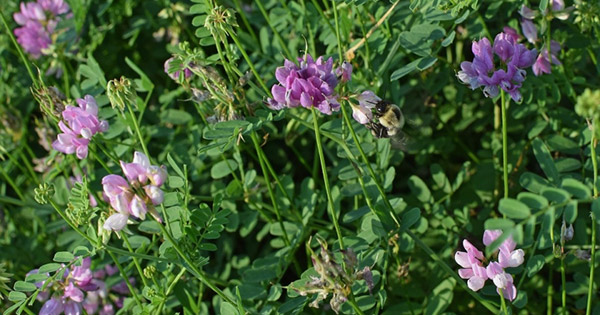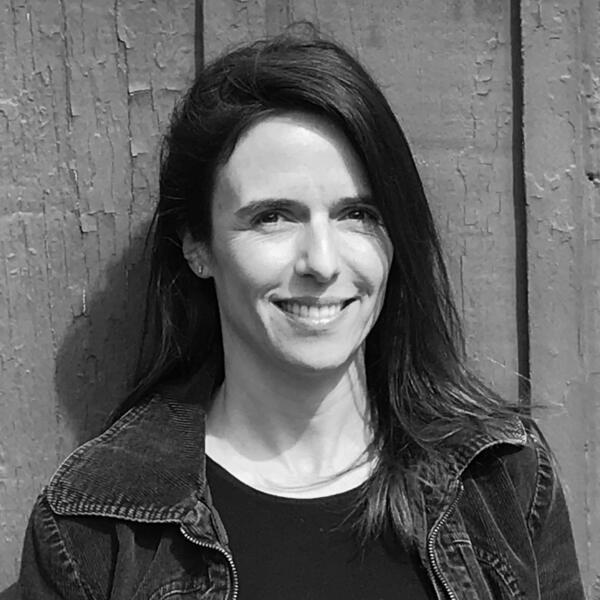Implications of the ERS Move to Kansas, an Update
September 5, 2019 – By Carolyn Dimitri, Associate Professor of Food Studies, New York University, Board Member, OFRF
 Despite widespread opposition from researchers and members of Congress, along with questions of the legality of the move from the USDA’s inspector general, moving the Economic Research Service out of Washington DC and into Kansas City is well underway. Compounding the controversy is the bold statement of Mick Mulvaney, who, in early August, celebrated the move as an effective way to “drain the swamp.”
Despite widespread opposition from researchers and members of Congress, along with questions of the legality of the move from the USDA’s inspector general, moving the Economic Research Service out of Washington DC and into Kansas City is well underway. Compounding the controversy is the bold statement of Mick Mulvaney, who, in early August, celebrated the move as an effective way to “drain the swamp.”
Throughout the years, ERS has been the first employer of newly minted PhD economists who typically begin working in late summer or early fall. This year, the new hires began working in Kansas City, after a short training period in Washington DC. While Kansas City is not a draw for current employees, the new researchers, particularly those who are millennials, may be attracted by the urban amenities and the low cost of living in Kansas City.
Some current employees were lucky and their jobs were considered “stay positions,” which reports suggest number 76. Some with DC-based positions have opted to find work in other federal agencies, rather than stay at ERS. Of those with “go positions,” few agreed to make the move to Kansas City, with reports suggesting that at least half of the ERS staff have either found new positions or will retire. According to my sources (I used to work at ERS, and have spoken with many of my former colleagues), the bulk of those unwilling to relocate are senior staff with deep institutional and specialized agricultural knowledge.
The deep reduction in staff will leave wide knowledge gaps in areas including organic agriculture, conservation programs, animals, and crops. The agency is currently recruiting new staff to work in both Washington and Kansas City, but the needs are so great that they are unlikely to be able to hire enough knowledgeable and skilled people to keep the agency research afloat. In order to fill their needs, there is speculation that ERS will allow senior staff to retire, and then apply for part-time limited term positions. These workers would mentor junior researchers, as well as perform needed research, analysis, and outlook.
One remarkable aspect of the ERS staff is their continued commitment to the agency and the work they have conducted over the years. Of those I spoke with, including both researchers and managers, there was a strong expression of concern regarding ERS’S reputation and its legacy. Furthermore, these individuals were willing to do their part to preserve the agency, even though it was clear that this administration does not value ERS’s contribution to US agriculture.



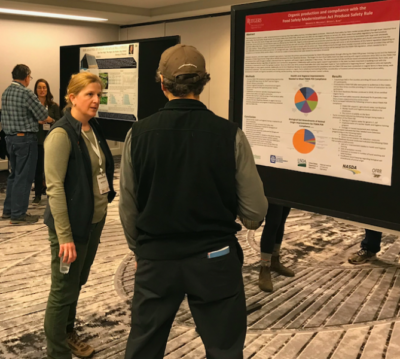 September 4, 2019 –The Organic Farming Research Foundation (OFRF) and Tuskegee University are pleased to announce the 2020 Organic Agriculture Research Forum (OARF) to be presented in partnership with the Southern Sustainable Agriculture Working Group (SSAWG) on Thursday, January 23, 2020 in Little Rock, Arkansas, as part of the 2020 SSAWG Conference.
September 4, 2019 –The Organic Farming Research Foundation (OFRF) and Tuskegee University are pleased to announce the 2020 Organic Agriculture Research Forum (OARF) to be presented in partnership with the Southern Sustainable Agriculture Working Group (SSAWG) on Thursday, January 23, 2020 in Little Rock, Arkansas, as part of the 2020 SSAWG Conference.
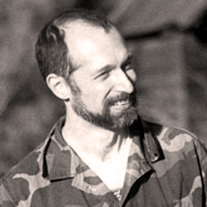
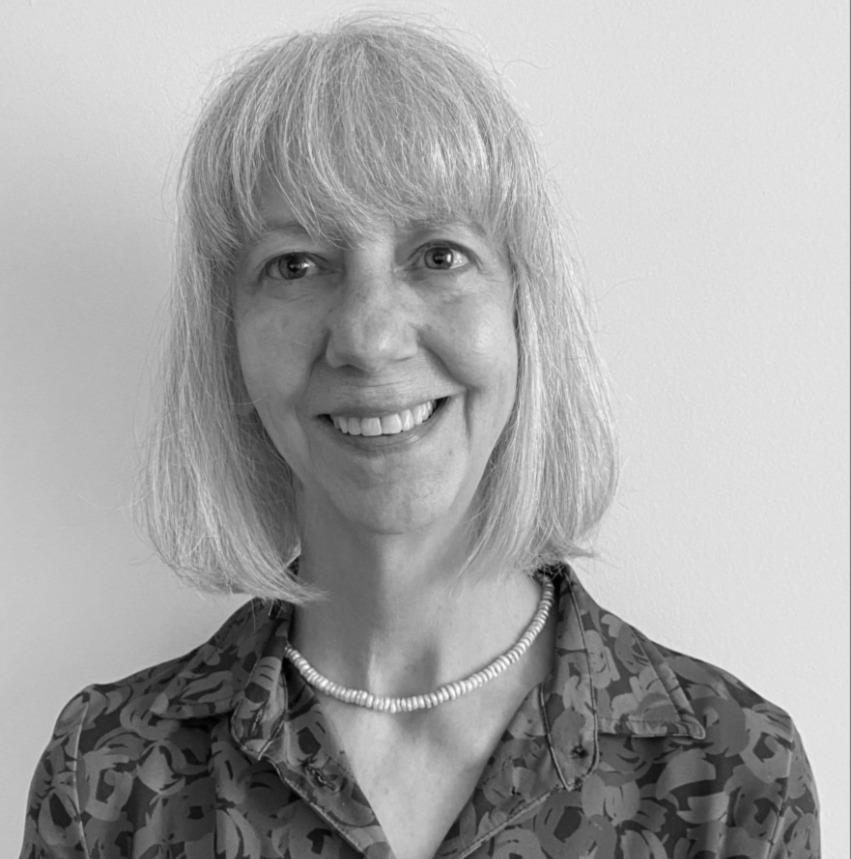
 August 20, 2019 – Heading to Organicology? Join OFRF to learn about the latest in organic research and provide input on priorities for future research funding.
August 20, 2019 – Heading to Organicology? Join OFRF to learn about the latest in organic research and provide input on priorities for future research funding.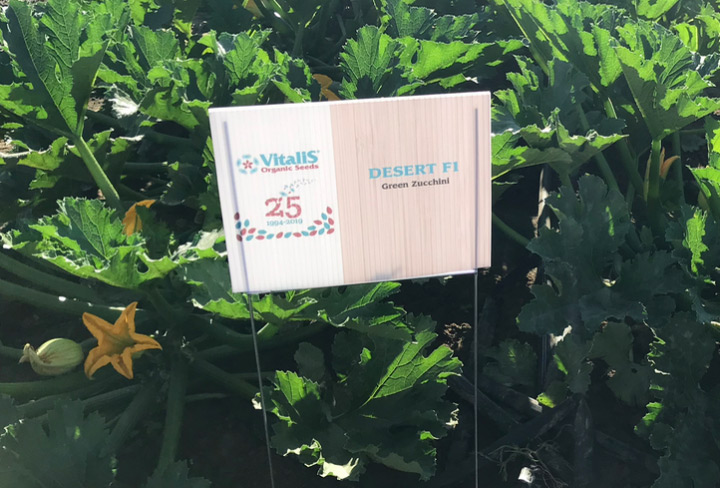
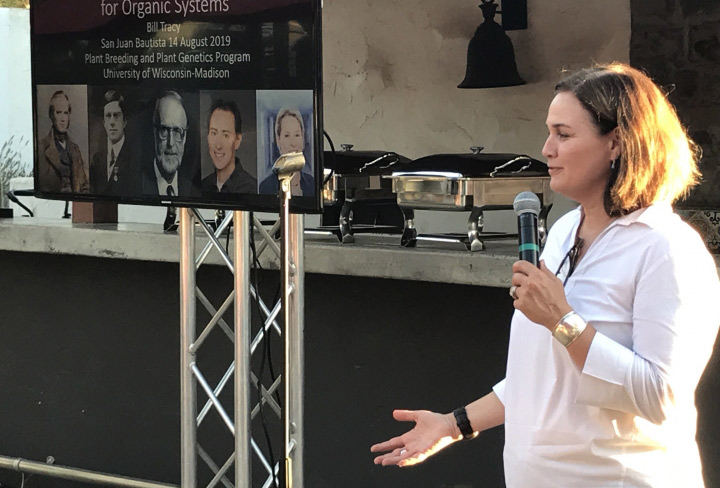
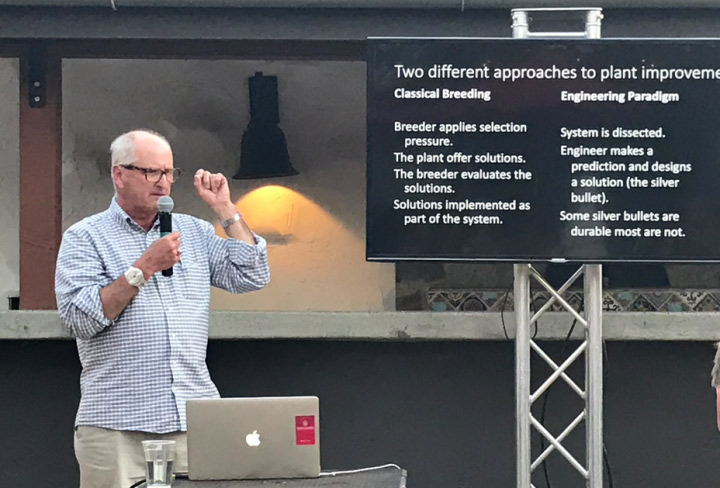
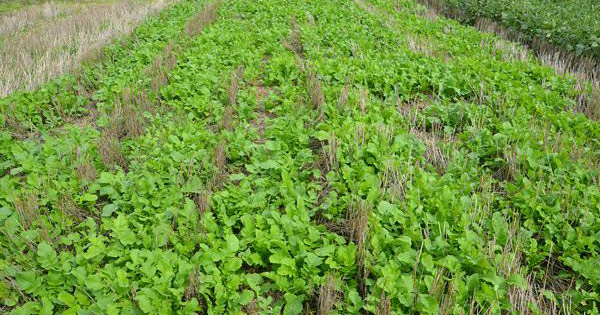 August 14, 2019 – Cover cropping is an important practice for building soil health, protecting the soil surface from erosion and compaction, and suppressing weeds and pests. Truly sustainable agriculture relies on maintaining effective vegetative cover of the soil, and the National Organic Standards require certified organic producers to include cover crops in their crop rotations.
August 14, 2019 – Cover cropping is an important practice for building soil health, protecting the soil surface from erosion and compaction, and suppressing weeds and pests. Truly sustainable agriculture relies on maintaining effective vegetative cover of the soil, and the National Organic Standards require certified organic producers to include cover crops in their crop rotations.
